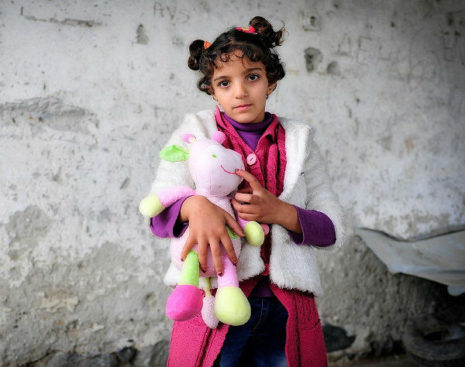Facts for life
The fourth edition of Facts for Life consists of 14 chapters filled with practical information about how to ensure children’s rights to survival, growth, development and well-being. Available in multiple languages, the topics address pregnancy, childbirth, major childhood illnesses, child development, early learning, parenting, protection, and care and support of children. Each chapter has three parts: an introduction, key messages and supporting information.Read More →





